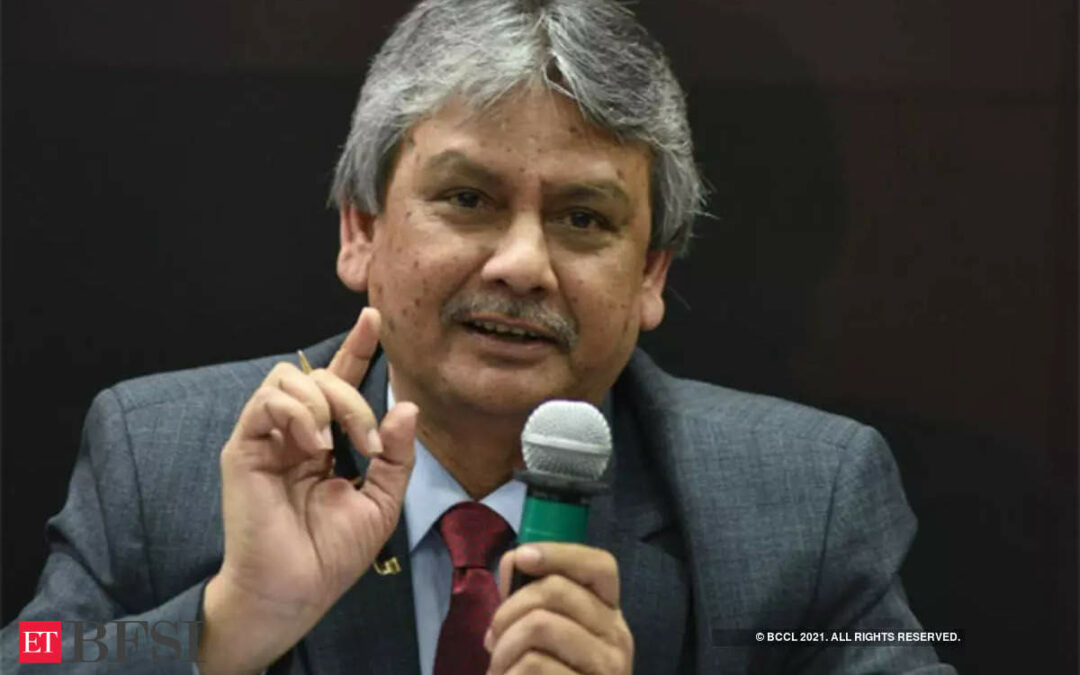India’s deposit insurer Deposit Insurance and Credit Guarantee Corporation (DICGC) is way behind its overseas counterparts in processing reimbursements of insured deposits, Reserve Bank of India (RBI) deputy governor Michael Patra has said.
DICGC takes about a month or more to reimburse deposits when a bank collapses, while the International Association of Deposit Insurers (IADI) is moving towards reimbursement within seven days from 14 days now, Patra said in his keynote address at IADI executive committee in a meeting in Rome.
“There has been a significant improvement globally in the speed of reimbursement, although meeting the core principle (payout within seven days) has remained a challenge over the last decade,” he said. “The global average period for reimbursement to depositors has reduced from 28 to 14 days.”Data quality issues, identification of insured depositors and depositors lacking an alternative bank account usually impede fast reimbursement, Patra said.
In India, deposit insurance is mandatory for all banks, including foreign banks. Currently, 1,997 banks are covered, comprising 140 commercial banks and 1,857 cooperative banks.
According to the IADI’s latest deposit insurance survey, this is the second-largest number of deposit-taking institutions covered by deposit insurance in the world after the United States.
The current insurance coverage limit is Rs 5 lakh per depositor in a bank. Expressed as a multiple of nominal GDP per capita, this works out to 2.9 times as against the global median of 3.3 times, RBI data showed.
The March 2023 banking turmoil and its aftermath prompted policy makers to refocus on design features of deposit insurance processes.
“In India, this has led to prioritising risk management, especially during adverse market conditions, while benchmarking to best international practices,” Patra said. “This involves revamping risk management and internal control systems, including contingency planning and crisis management frameworks.”
He said the evolution of the deposit insurance function is likely to confront more complex challenges amidst heightened uncertainty.
“For instance, climate change is emerging as an overarching risk to the global economy and financial systems,” Patra said. “This is what is keeping us awake in India – framing a comprehensive ESG policy incorporating elements of climate sustainability, investment in sovereign green bonds, measuring the impact of climate change on default risk and contingency planning for climate related extreme events via actuarial analysis.”












